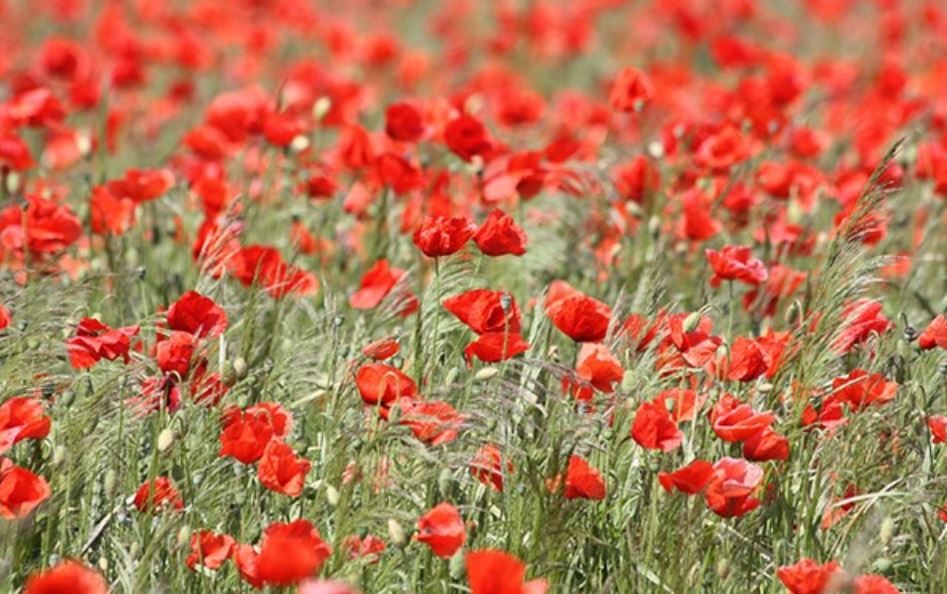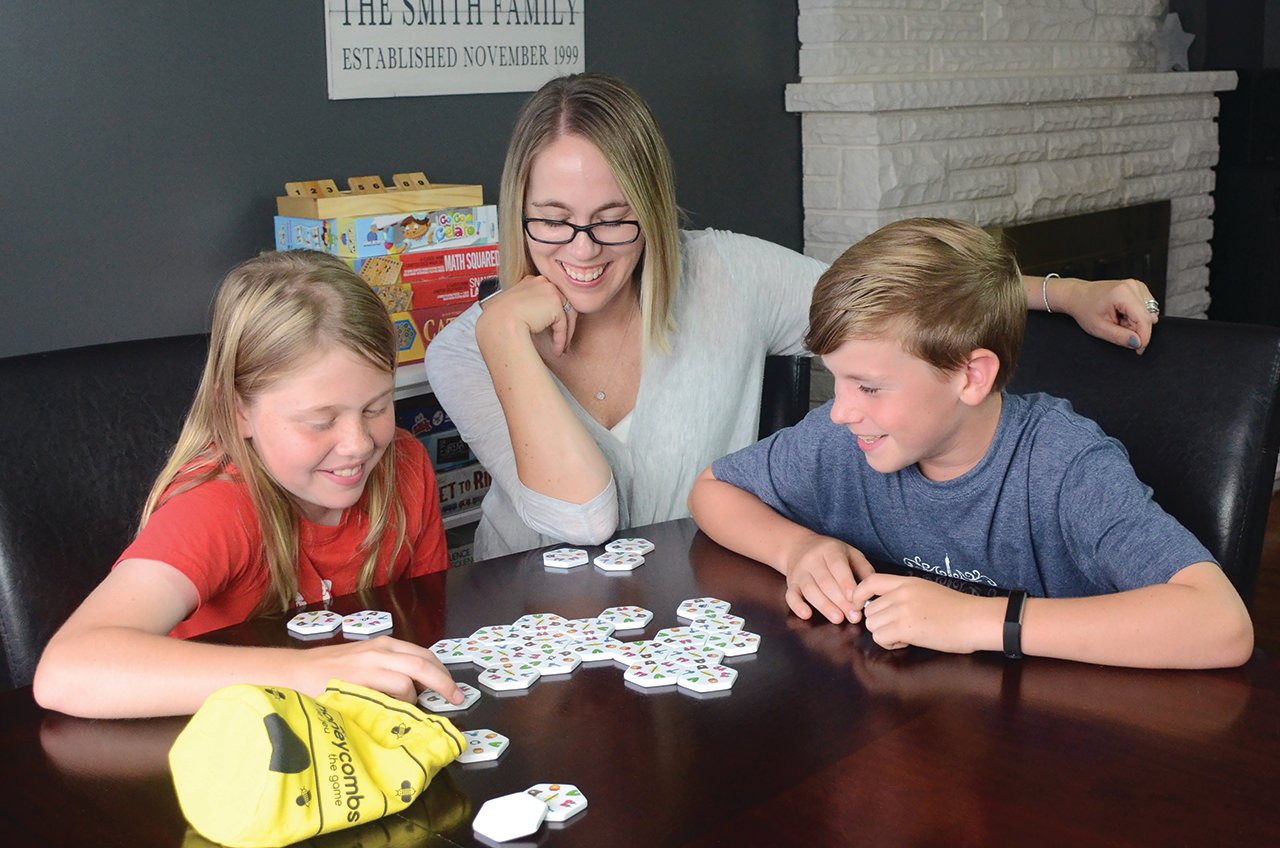Although there is never a bad time to thank and remember veterans and the people who have served to protect Canadian values, there is no better time than Remembrance Day.
To show our thanks for the sacrifices these veterans made, we asked our Scholar's Choice employees to share images and stories about veteran family members. These veterans valiantly fought for Canada, Canadian values and most of all its people. We at Scholar's Choice greatly appreciate the sacrifices they made to protect us.
 Master Corporal Lawerance Roland Dubue Sr.
Master Corporal Lawerance Roland Dubue Sr.
Pictured above is Master Corporal Lawrence Roland Dubue Sr. uncle of Karen Dubue, Scholar's Choice Retail Store Manager of the Ottawa store. MCpl. Dubue served in the Korean War from 1950-1953 as well as in Egypt in 1961 and 1962.
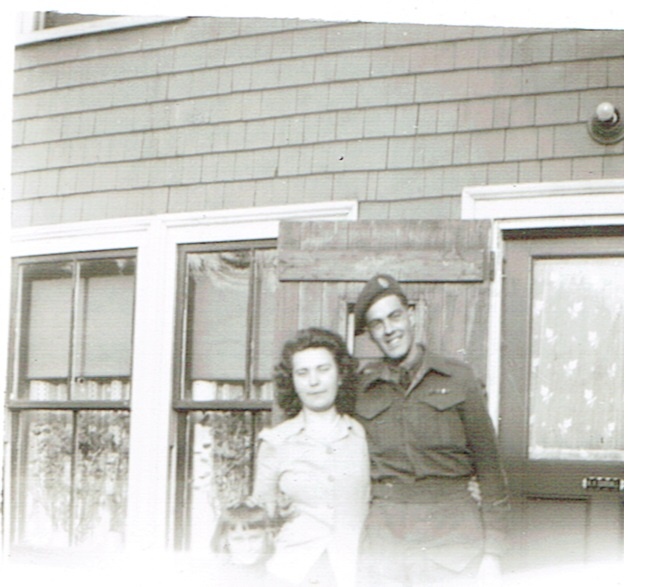 Right: James Franklin Meisner, Second World War veteran
Right: James Franklin Meisner, Second World War veteran
In the above photos is James Franklin Meisner, grandfather to Deanna Meisner, Retail Store Manager in Edmonton.
James enlisted in the army in 1942 at the age of 21, leaving behind his girlfriend Iona Boutilier. After attending basic training in Ontario and outside of London, England. He was posted in the city where he served as an ambulance driver. After suffering an injury and being hospitalized for 3 months James continued his service until the end of the war in 1945.
When the opportunity arose to be sent home, James opted to allow the family men to return while he stayed for another year. Upon returning home he reunited with Iona and they married in 1947 and have recently celebrated over 50 years of marriage.


Anthony (Anton) Zimmer, grandfather of Amy Nadeau who is an ECE Specialist and Sales & Customer Service Administrator at Scholar's Choice, served in home defense for the Edmonton Fusiliers.
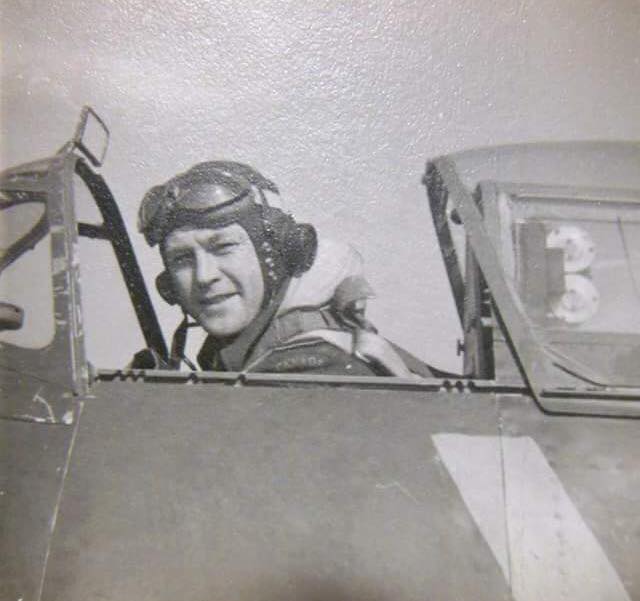
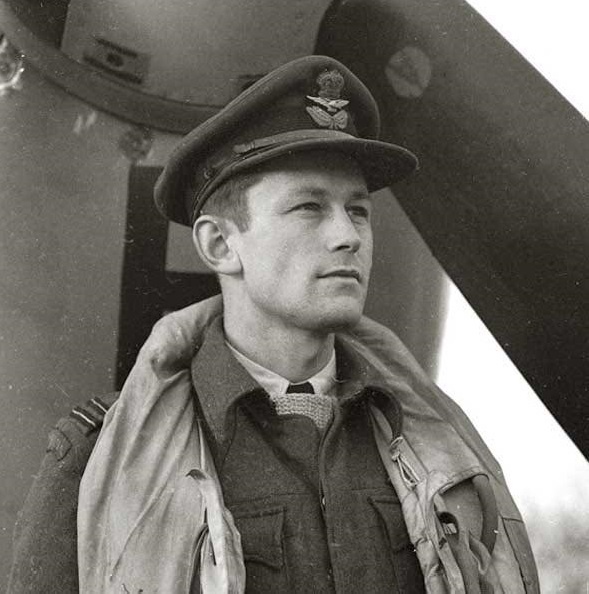
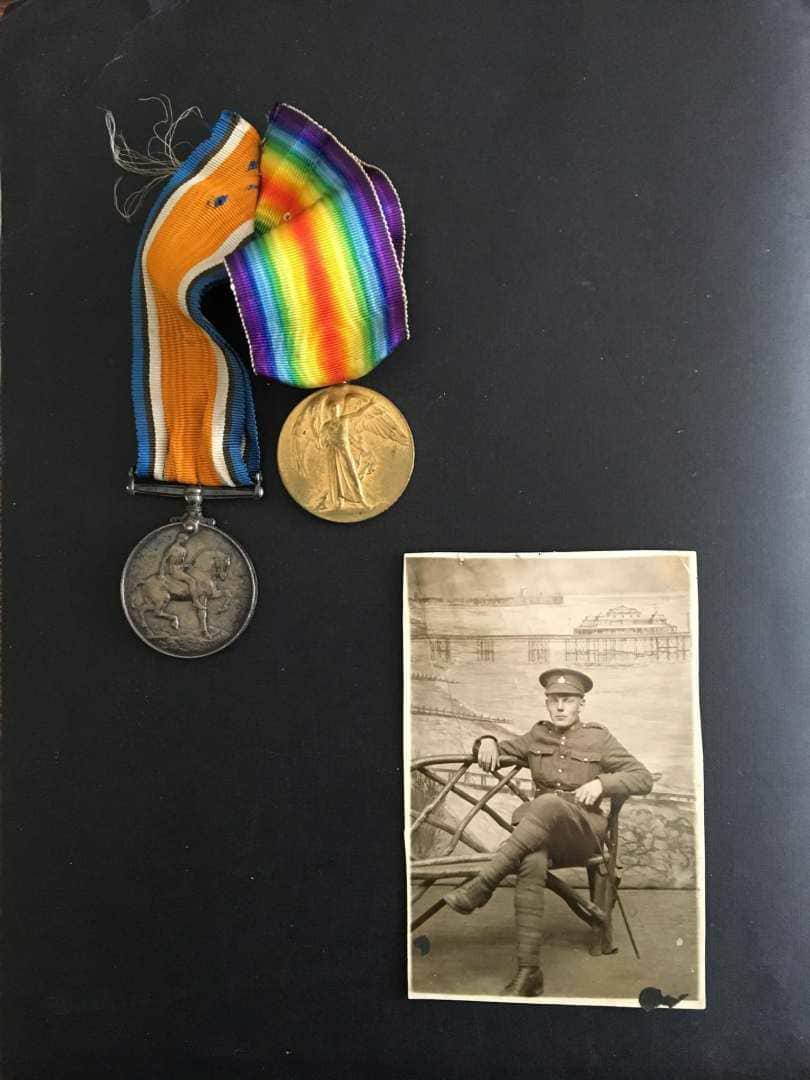
In the first 2 photos is Squadron Leader Frank Edward "Bitsy" Grant, maternal great-grandfather of Dylan Galloway, Junior Marketing Assistant at Scholar's Choice.
Sqn Ldr. Grant learned to fly at the Hamilton Aero Club before the war and was a flight instructor at Borden until being sent overseas in 1942. He was killed in action over France Sept. 4th, 1943 while serving with the 403 squadron and is interred in Belgium.
The third photo, with the medals, is Captain Albert Galloway, Dylan's paternal great-grandfather. Captain Galloway served in the Cavalry in the First World War. He was the sole survivor of his regiment after they were attacked with mustard gas. He returned home to captain cargo ships on the Great Lakes.


These two photos are of WW2 veteran West Spicer, grandfather of Sandra Smith, a Marketing Product Specialist at Scholar's Choice.
In the first picture, West Spicer is pictured on the far left with his sister and two brothers beside him. West and his siblings all returned home alive. The youngest brother faked his birth certificate to join the war effort as he was just 16 at the time.
West is pictured on the left in the second photo.
 Right: John Alexander (Sandy) Robinson, veteran of the First World War
Right: John Alexander (Sandy) Robinson, veteran of the First World War
The following was written by Gael Webster, former owner of Scholar's Choice, and mother of Scott Webster, President of Scholar's Choice.
W.W.1 1914 – 1918 The Great War, The War to End All Wars
… or so we thought
My father, John Alexander (Sandy) Robinson (pictured on the right of the photo) was born in 1895 on a farm close to Georgian Bay, Bruce County, Southern Ontario. He enlisted in 1914 and went overseas with the 160th battalion from Bruce County to England where they trained for a couple of years. His Colonel discovered he was underage so he took him as his “Bat Man” – cleaning his quarters, delivering messages, cleaning his boots and looking after his horse, as all the officers rode horses. When they went on to France he was put in the Corps of Engineers, repairing bridges and roads so the guns and heavy equipment could be transported through the thick mud that was everywhere.
An interesting fact I discovered about the battalion – somehow they transported a black bear cub on board their troop ship and brought it over to England with them. Although the crossing was very stormy and rough and they were all very seasick they managed to care for their mascot and keep him hidden. After he was in camp with them for a while he briefly escaped and was taken to the London Zoo. Just the sort of escapade my father would have relished.
On being transported to France their battalion was split, being mixed in with other Canadian groups, but they were part of the what was referred to as “The Last 100 Day Push Forward” in which it has been recorded as when Canada came of age as a nation. I read in the book” Vimy by Tim Cook”, that the Canadians were feared by the Germans troops as fierce fighters from the wild new country. With the constant rain, mud and cold and with noise and death all around them the conditions must have been terrible but my father would never talk about his experiences at all.
After marching into Germany, he served in the army of occupation for several months before being discharged in 1919 at the age of 23 and was sent back to Canada thankfully unharmed.
Returning soldiers had had great difficulty in getting jobs so their former Major Moffat put forward “The Bruce County Farming Community Scheme” (from the book Heroes in Waiting by Allan Bartley), in which it was proposed farmland in Western Canada, and land in Northern Ontario near Kapuskasing where there was opportunity for pulpwood business, could be provided. I don’t know if my father took part in this idea, but I do know after returning he went out to Manitoba and worked with a threshing crew for a while. After that, he went up north to the Kapuskasing area where he successfully operated a pulpwood camp on land leased from the government. He purchased a farm just north of Cochrane Ontario mainly to rest his two train carloads of horses in the summer and cut hay to feed them in the camp in the winter months when they were working, as the pulpwood business was not mechanized at this time. My parents were married in 1930 and he ran his camp for the next few years until pressures of family life caused him to leave the pulpwood business and farm full time. As Cochrane is on the great northern clay belt, although the growing season was short it grew great root vegetables and there were quite a few family farms at that time.
Do you have any veterans in your family? Tell us about them in the comments below!


